15 Facts About Time To Turn Your Brain To Mush
Want to understand the secrets of the Universe? Well, this epic list of science facts about time won't help you much. But it's a start!
Time is one of those things that is pretty much impossible to describe, and the more you think about it the more your head hurts. It might be that we'll never understand time, but that's not going to stop us writing a list of 15 fun facts about it!
We've tried to make sense of one of the Universe's trickiest concepts, so read on to find out about Einstein, space and whatever an "atomic clock" is. Ready to have your mind blown? Let's go!
For more brain-bending science facts, check out these water facts, these electricity facts or even these chemistry facts!
1. What even is time?
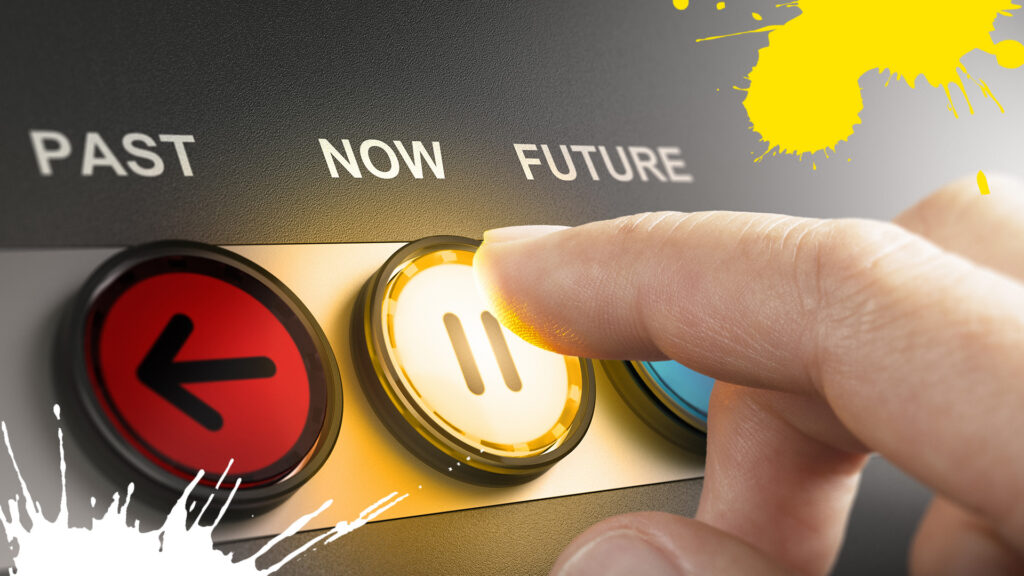
Time is an invisible movement that goes from the past to the future. We don't know how it started or how it will end. There is this present moment - right now - and then there's stuff that happened before it and stuff that will happen after it. Time is how we describe that. Having a word for time helps us understand the order of events, but there is a LOT of argument between scientists about what it really is!
2. Before we had clocks
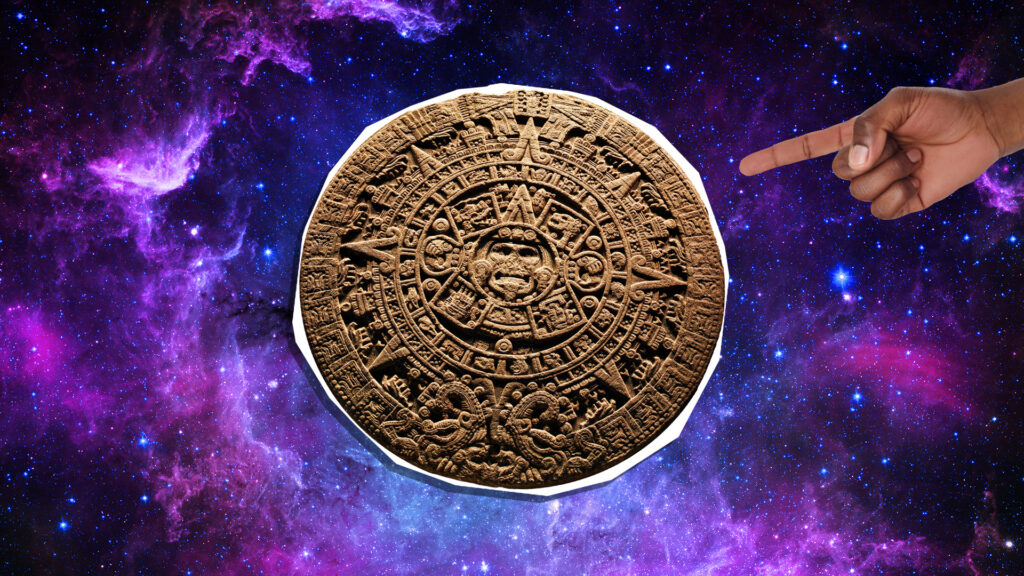
Back in the good old days, people didn't have clocks. Instead, people used the sun, moon, and stars. They watched shadows move with the sun during the day and the phases of the moon at night. For example, ancient Egyptians used sundials, which are sticks that cast shadows to show the time of day. Other civilisations built really complicated and accurate calendars by just watching the movement of stars!
3. The Big Hand
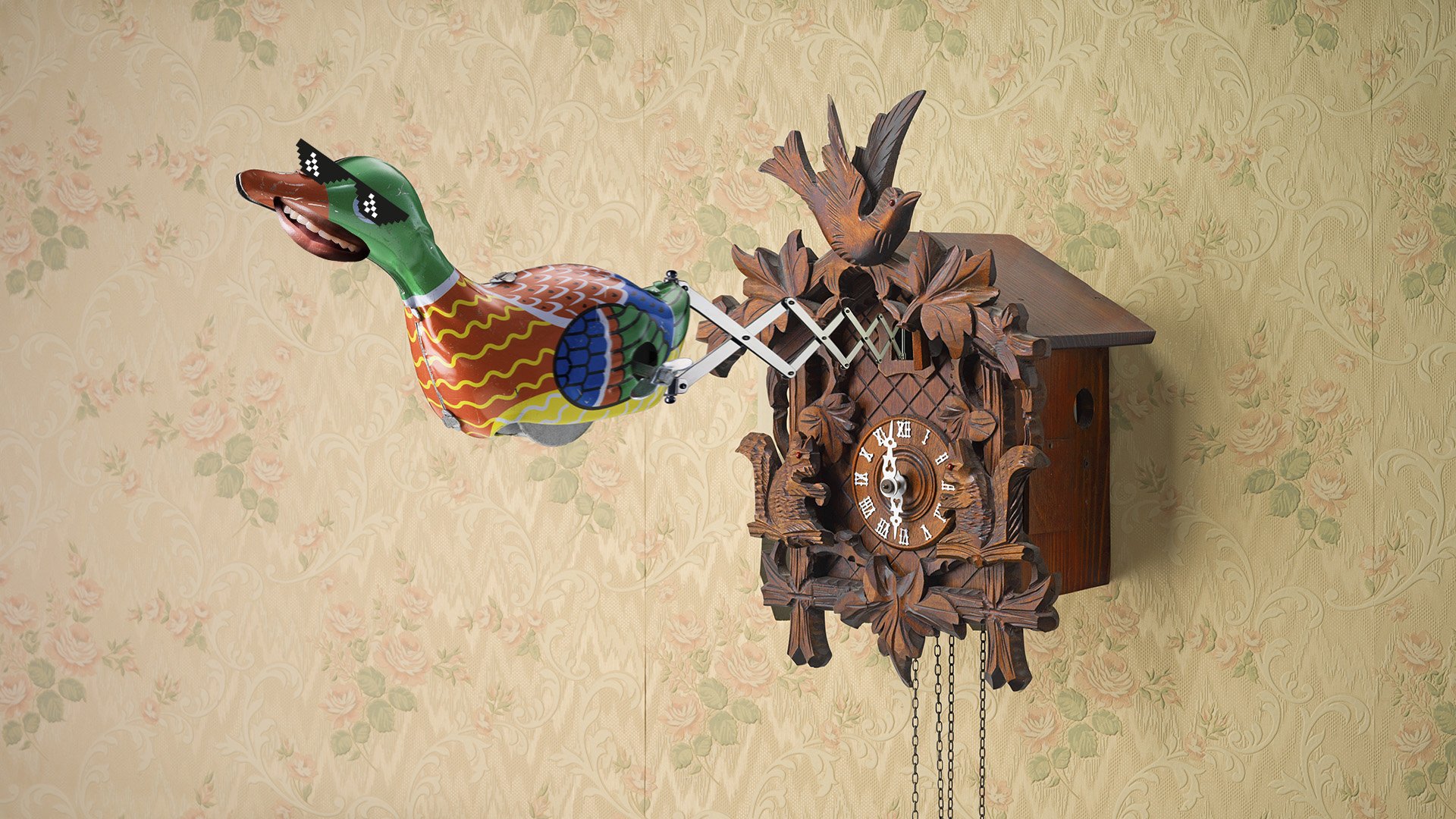
The first mechanical clocks were invented in the 14th century. These clocks had gears and springs and were often found in church towers. They didn’t have minute hands, just an hour hand, and they helped people know when to go to church or when the town market would open. In these days, time was thought as just part of God's creation. At some points in history asking questions like "what is time" could get you in a lot of trouble with the Church!
4. Tick tock!

In 1656, a scientist named Christiaan Huygens invented the pendulum clock. This was a big deal because pendulums swing at a constant speed, making these clocks much more accurate. They could keep time to within a few seconds a day! There are still lots of pendulum clocks about today, from grandfather clocks to Big Ben in London!
5. The World's Most Accurate Clocks
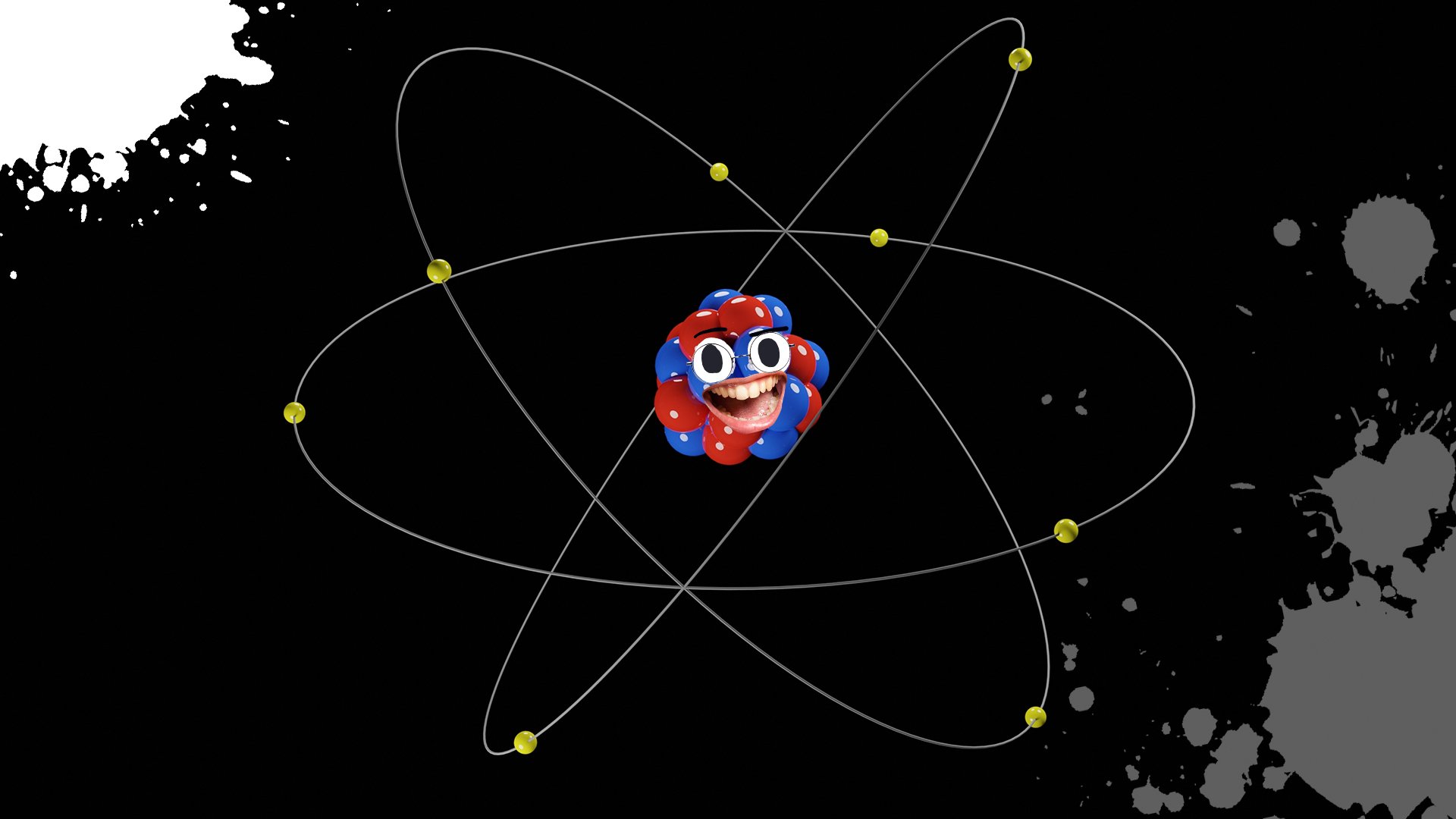
The most accurate clocks today are atomic clocks. These clocks use the vibrations of atoms (tiny particles that make up everything) to keep time. Despite the name they aren't actually radioactive! The best atomic clocks are so precise that they would only lose one second every 100 million years! So why would we ned anything so accurate? Well, let's find out!
6. Einstein Time
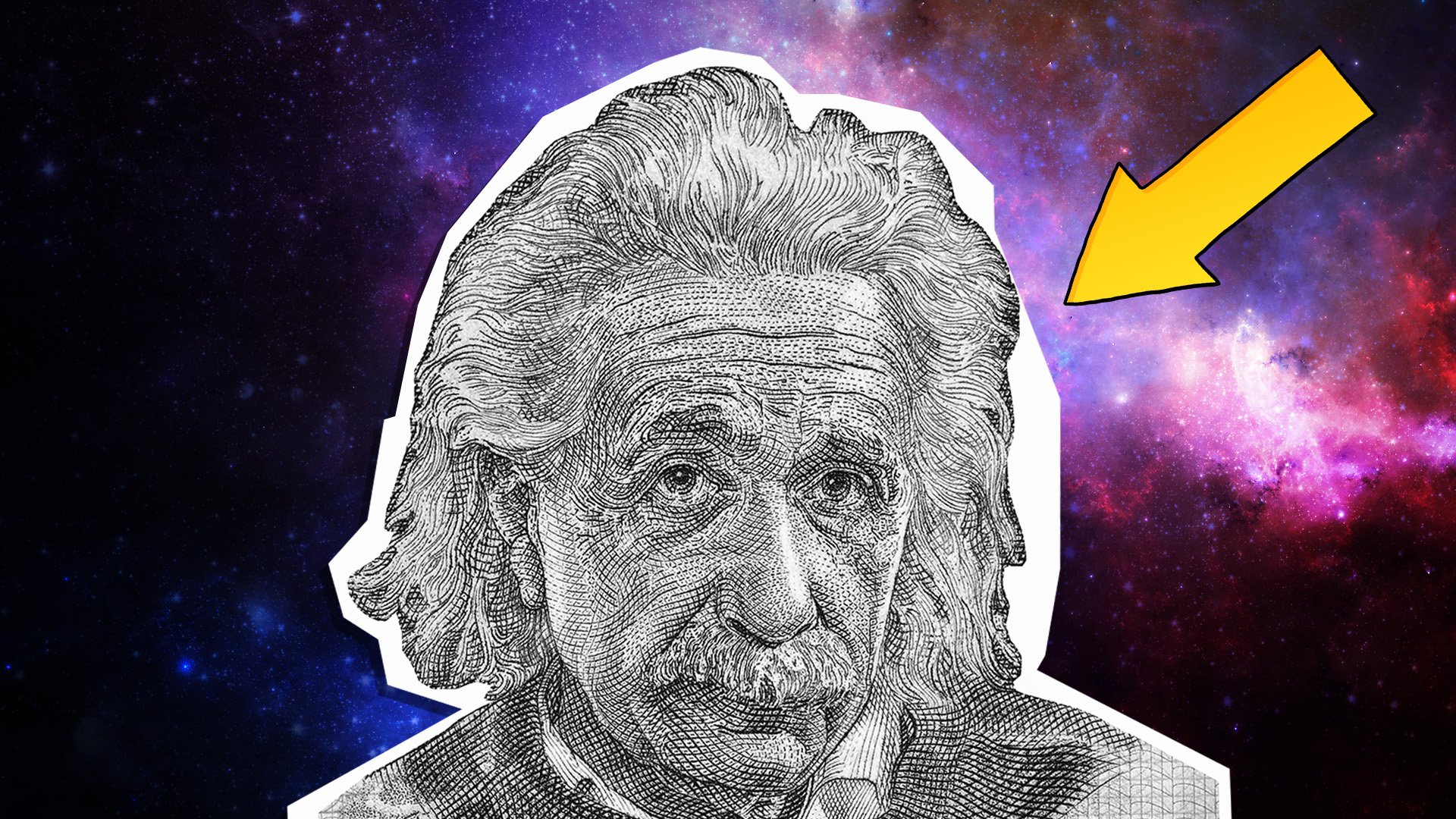
Albert Einstein, a super smart scientist, discovered that time isn’t the same everywhere. His theory of relativity showed that time can slow down or speed up depending on how fast you are moving or how strong gravity is. It sounds crazy but this means time is relative, or different for everyone. For us on Earth, the time differences are so small we would never notice. But they have done experiments with atomic clocks to prove that Einstein was right!
7. Time travel is (probably) impossible
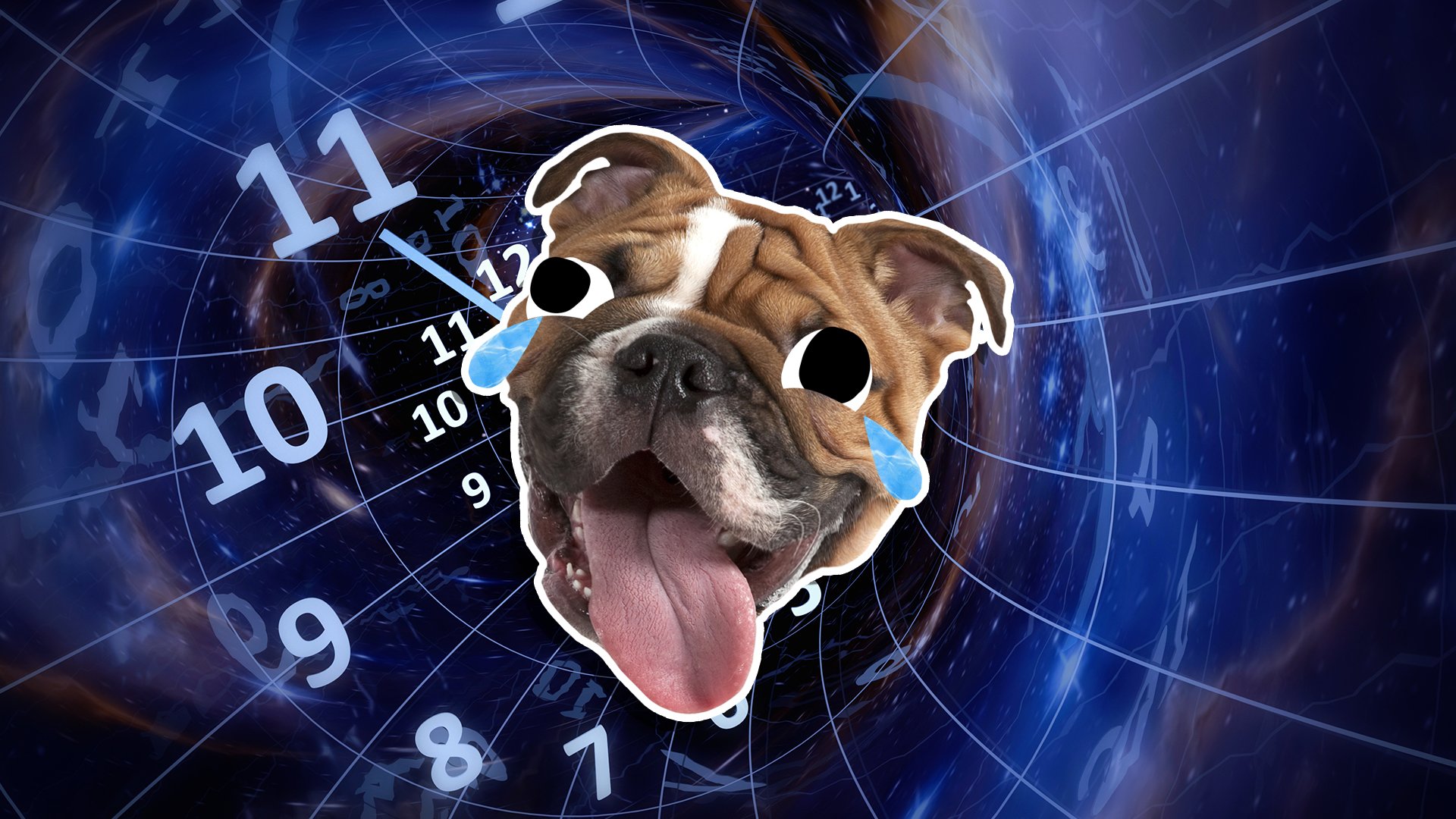
Time travel is a very cool idea and lots of books and movies have been made about it. Scientists currently think it's almost certainly impossible - but using Einstein's ideas there might be ways to cheat time a bit. Because gravity is so strong in a black hole, if you got near one and could stay there without getting sucked in, time would move really slowly for you. It would move so slowly that if you could get away again, it would be like you had travelled forward in time. Of course this is also probably impossible. Oops!
8. Leap Years

This one is a bit like time travel! Our calendar using a thing called leap years to keep it accurate. A year is actually about 365.25 days long, not just 365. So, every four years, we add an extra day—February 29th—to keep our calendar in sync with Earth’s orbit around the sun! This means that if you were bon on a leap year, you would technically only have a birthday once every 4 years! Yikes!
9. Worldwide Time
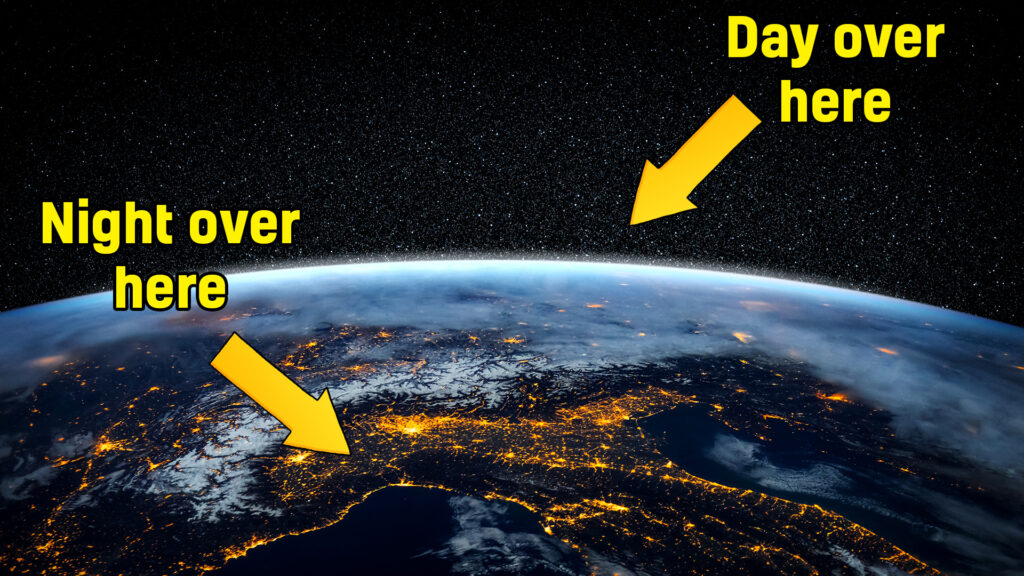
The Earth is divided into 24 time zones. This way, when it’s morning in one part of the world, it’s night in another. For example, evening in Asia is early morning in Europe! This is just because of the way Earth spins as it orbits the sun, but time zones help us make sense of it all.
10. Clocks go forward! And back!
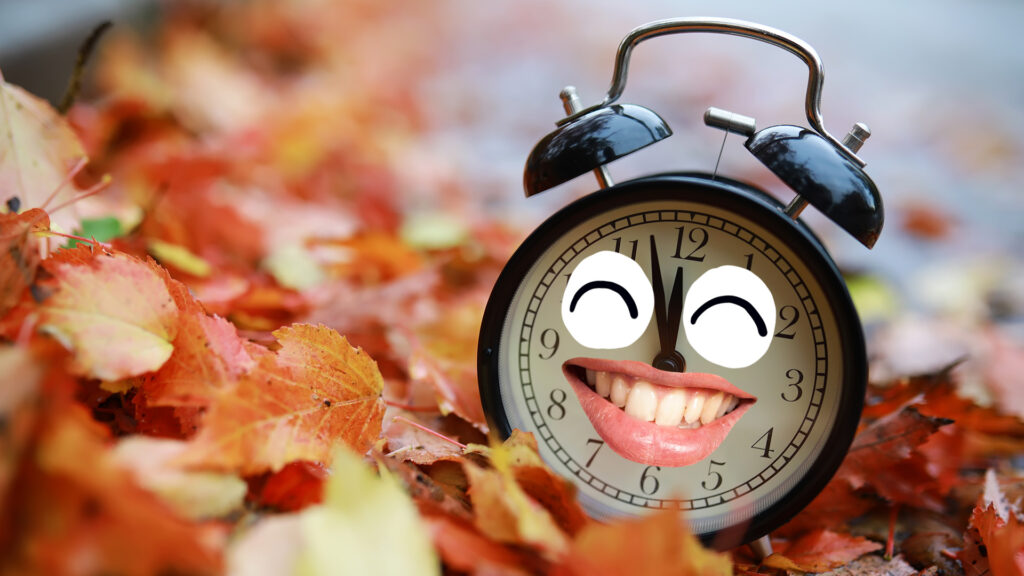
Some places like the UK use daylight saving time to make better use of daylight. In spring, clocks are set forward one hour to give more evening daylight, and in fall, clocks are set back one hour to give more morning daylight. This can be very confusing, but it helps save energy. Other countries just don't bother though!
11. We all have clocks in us

All living things have internal clocks called biological clocks. These help regulate when we sleep, eat, and wake up. Even plants and fungi have them! Humans have a 24-hour cycle called the circadian rhythm, which is why we feel sleepy at night and awake during the day.
12. The speed of light

Light travels super fast—about 186,000 miles per second. So when we look at stars, we are actually seeing them as they were in the past. If a star is 10 light-years away, we see it as it was 10 years ago. NASA's super advanced James Webb telescope can see far away into the Universe, and so it can see back in time! So even though we can't time travel ourselves, we can peek back into the history of the universe!
13. Space? Time? Spacetime.
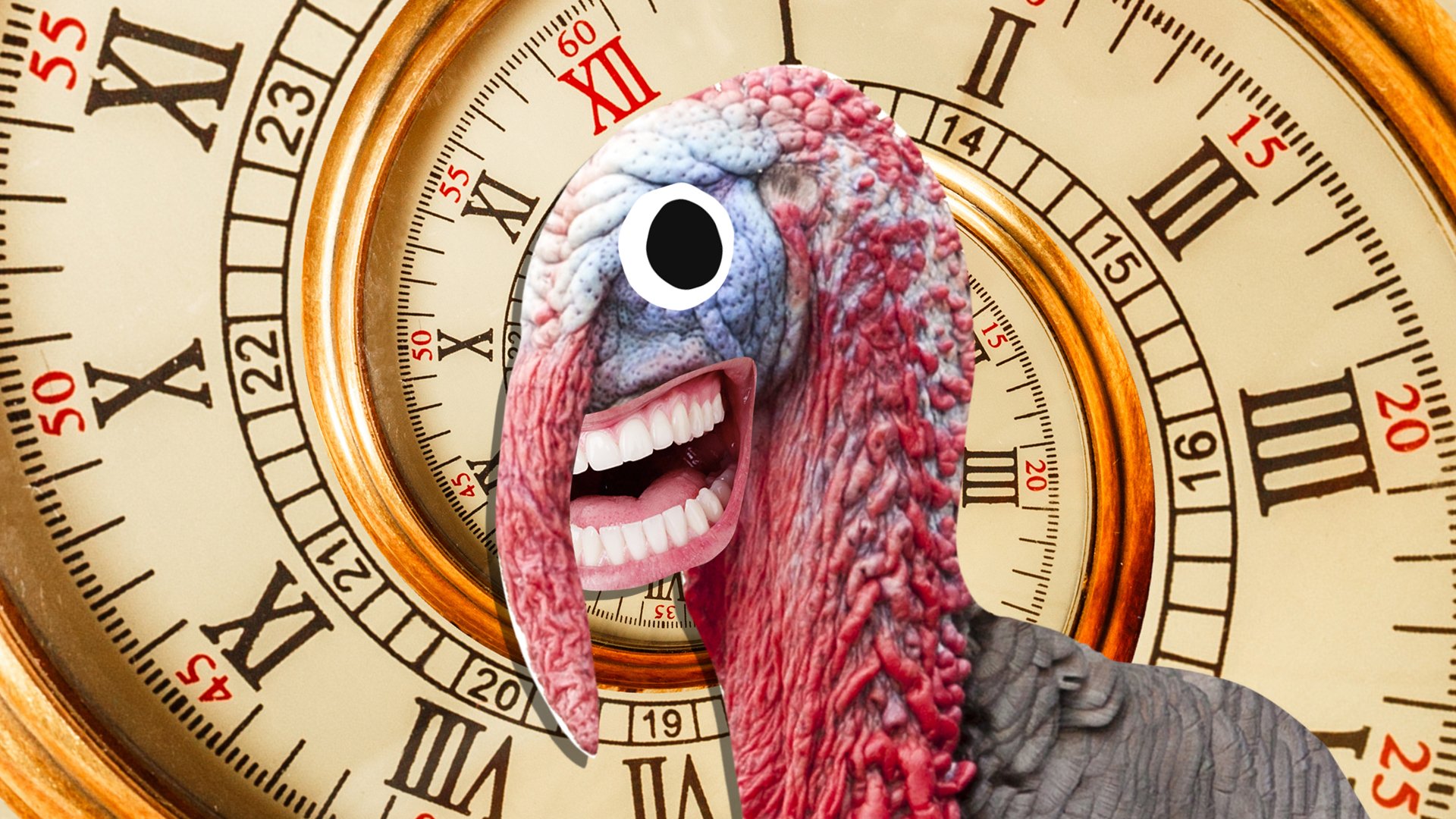
Another one of Einstein's ideas was that time and space are connected in a thing called spacetime. This means that changes in space can affect time. Spacetime is like a big fabric that can bend and stretch. Massive objects like planets and stars warp spacetime, which changes how time flows nearby. One of the most confusing things about spacetime is that it means that everything that will ever happen has already happened - somewhere.
14. More clocks! Clocks everywhere!
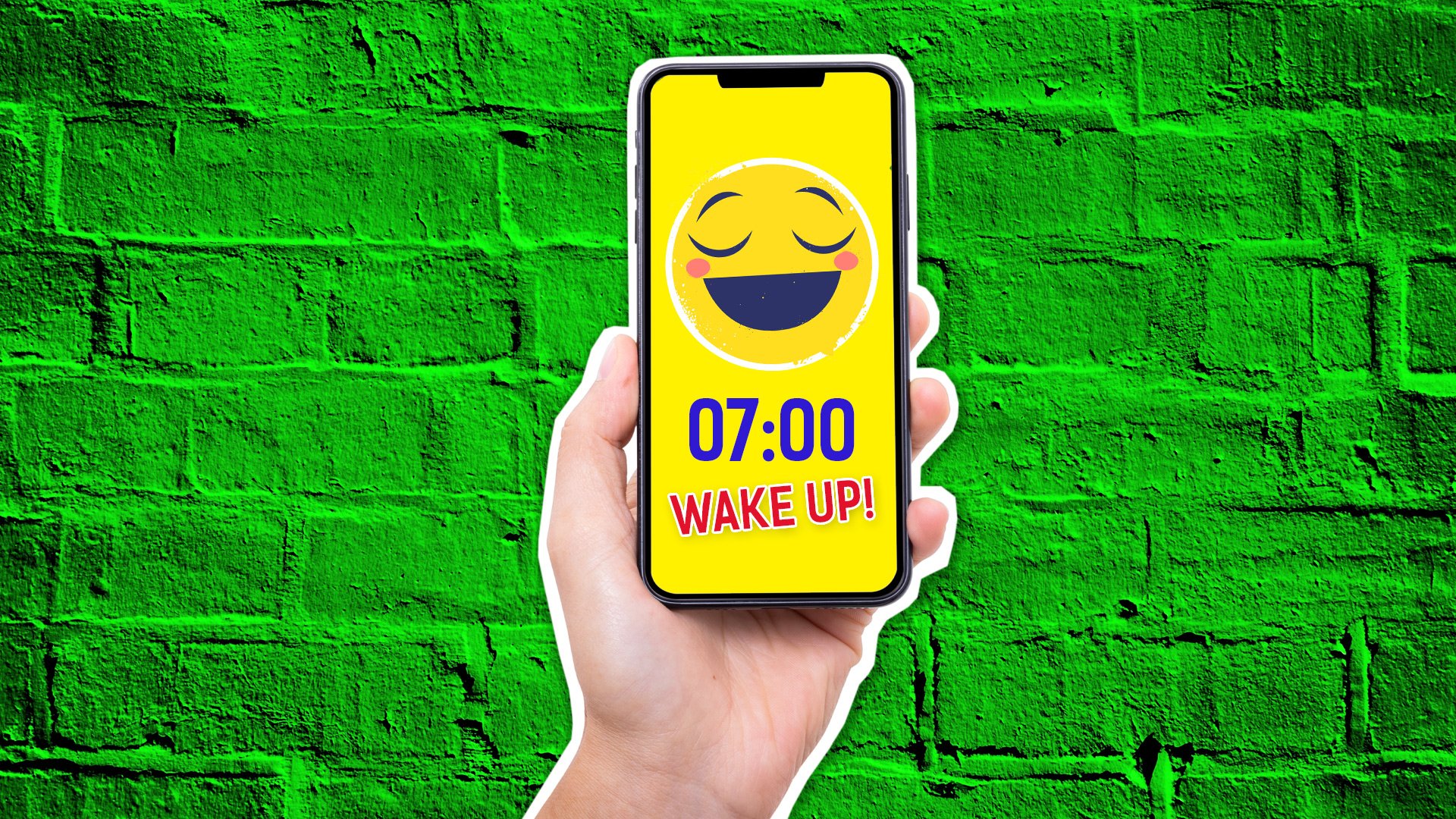
Your smartphone, computer, and even your microwave have tiny clocks inside. These are called quartz clocks, and they use the vibrations of a quartz crystal to keep time. Quartz clocks are super accurate and are used in lots of everyday devices. Other devices get the time from atomic clocks elsewhere on Earth. Us humans have never been better at keeping the time - so thee's no excuse for being late any more!
15. Time flies when you're having fun!
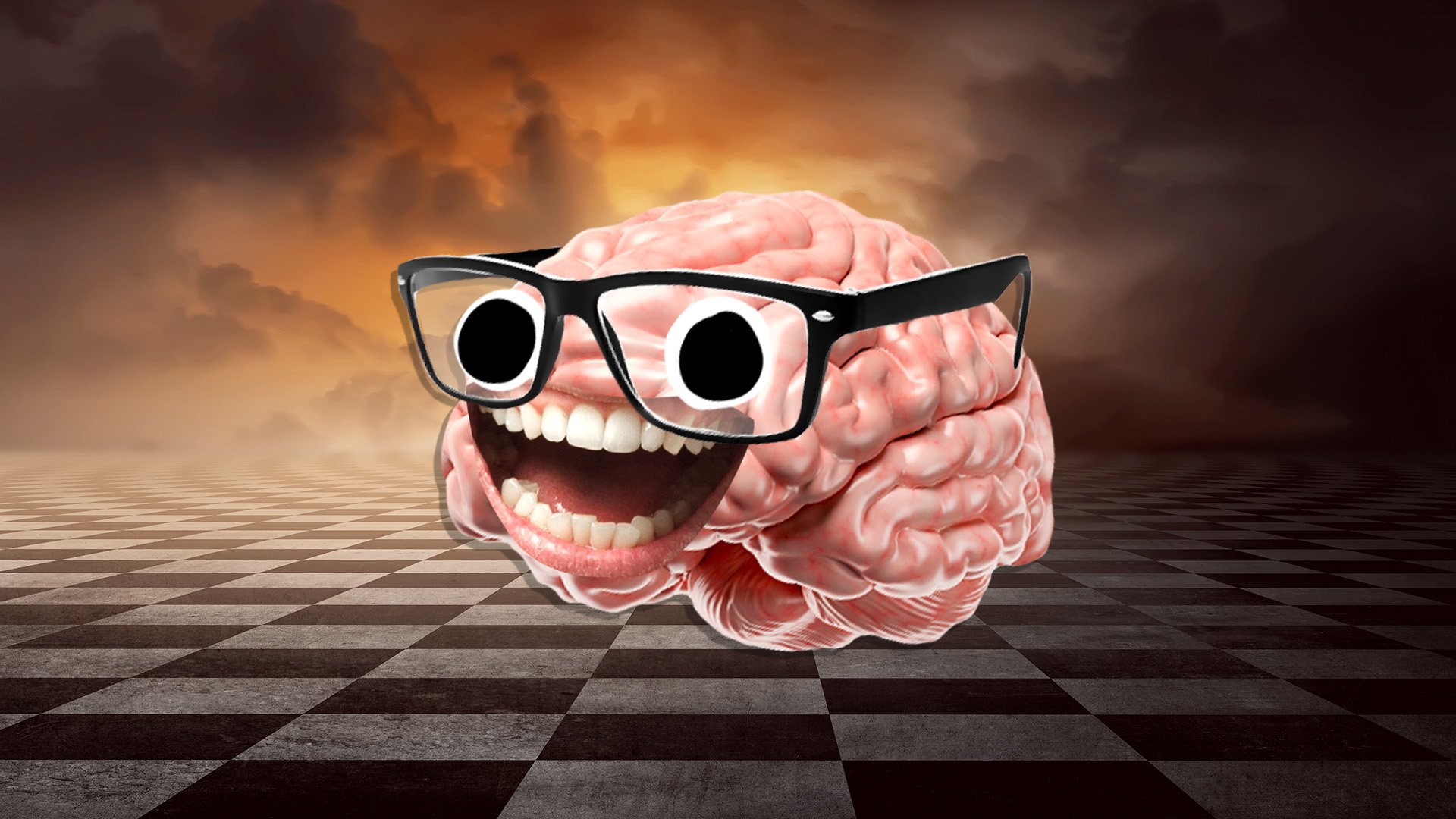
Time can feel different depending on what you’re doing. When you’re having fun, it seems to fly by, but when you’re bored, it can drag on forever. This is because our brains perceive time differently based on our activities and emotions. Have you noticed this? Do a little science experiment and see if you can make time move really slowly! Top tip - homework can do this!















